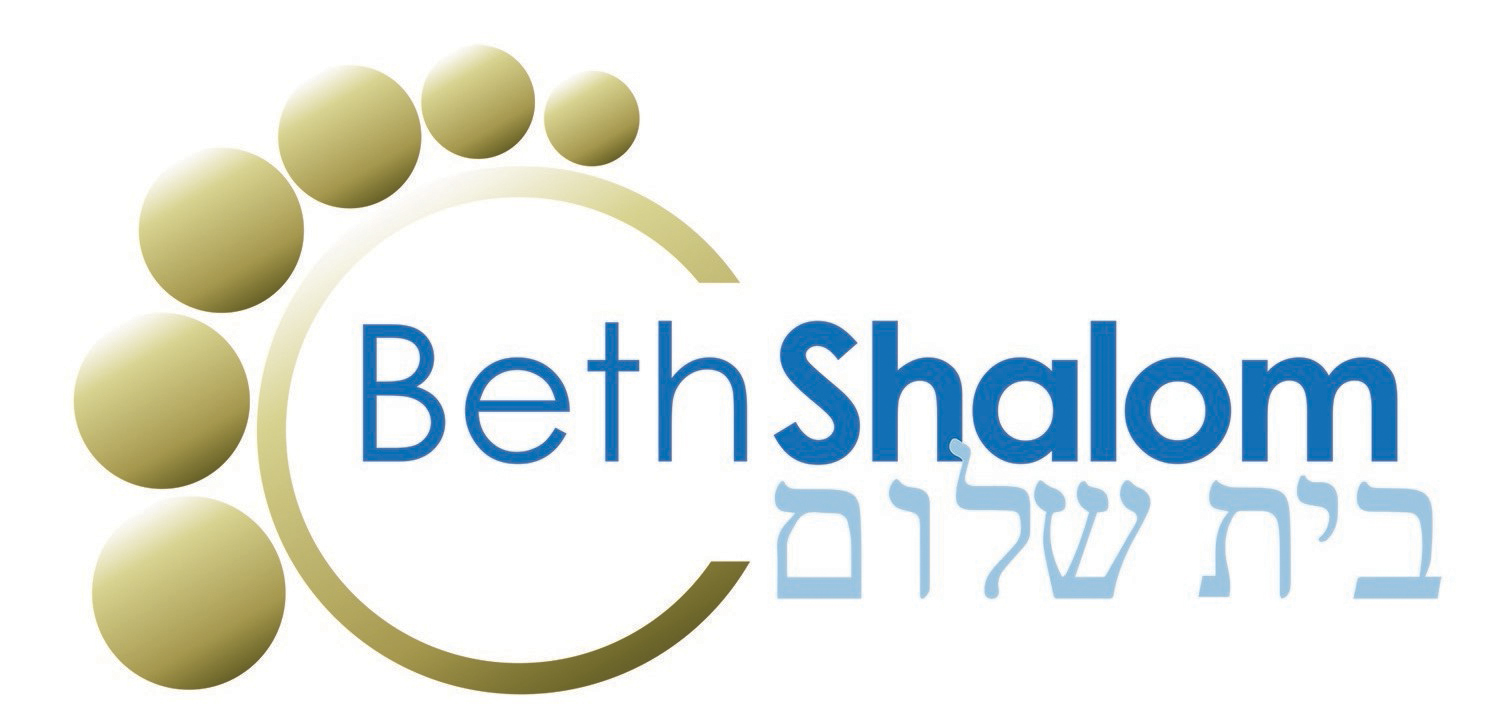Ma'ot Hittin - Passover Tzedakah Fund
From the beginning of the month of Nissan, we are especially sensitive to the needs of fellow Jews who may need our special help and support toward fulfilling all the mitzvot of the Pesah season.
Fast of the First Born & Siyyum Bekhorim:
Thursday, March 25
All first-borns should fast on this day, usually the day before Pesah but earlier this year due to Shabbat, in commemoration of the deliverance from Egypt of the Israelite firstborn. The Rabbi offers a siyyum (public
completion of study) which is followed by a festive meal at which all present may eat, and once having eaten, a first born need not fast that day. The siyyum and the se’udat mitzvah will be held this year on Thursday
morning over Zoom at 8:15 a.m., following the 7:30 a.m. morning minyan. This virtual Siyyum Breakfast is sponsored by Stanley & Cherie Maharam in loving memory of beloved parents and grandparents Bess & Aaron Maharam.
Bedikat Hametz: Thursday night, March 25
The traditional search for hametz on the night before Pesah falls this year on Thursday night immediately after sunset. The blessings for bedikat hametz, found at the beginning of most Haggadot, are recited and the kol hamira formula nullifying unseen hametz may be recited. Hold any found hametz for ritual burning the following morning, March 26. If you need help finding these prayers, please contact Rabbi Adelson.
Sale of Hametz
Friday morning, March 26 before 11:00 a.m.
One of the central commandments of Pesah is that we rid ourselves of all forbidden hametz in our possession. Individuals who fully observe Pesah do their best to eliminate hametz as far as possible and then traditionally resort to the procedure of “selling” any hametz which may have been packed away or missed. All hametz must be removed or sold by 11:00 a.m.
CLICK HERE TO SELL YOUR HAMETZ
Bi'ur Hametz
Friday morning, March 26
The ritual burning of the hametz found during Thursday night’s search should be completed by 11:00 a.m. The stove should be fully kashered and all cooking proceeds in Pesah pots with Pesah utensils only. Traditionally no hametz or matzah is eaten after this time until the seder.
Candle Lighting Blessing

